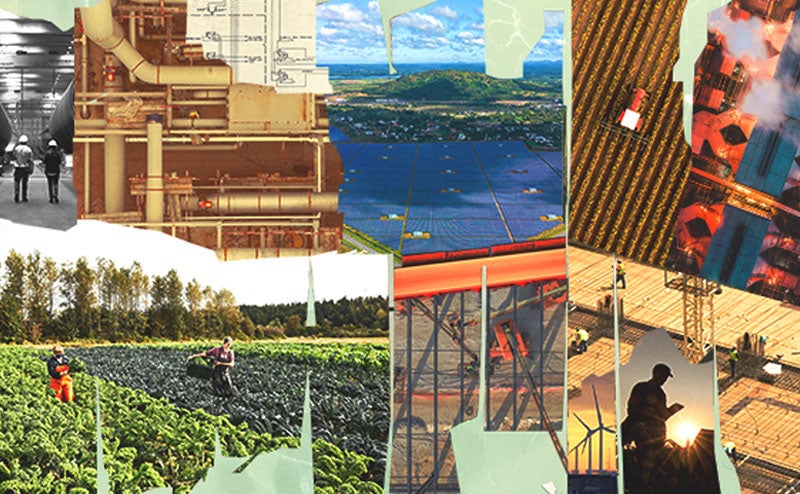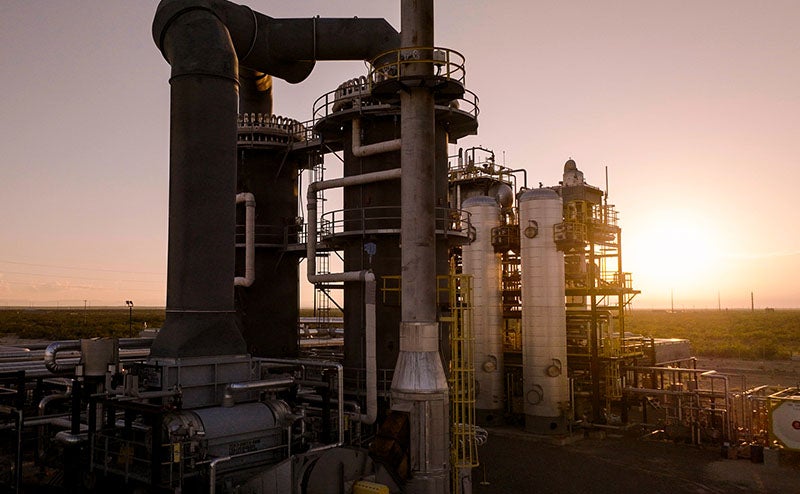It’s not often you stand on a stage next to a sample of human feces.
I got hooked on video lectures back in the Stone Ages—when you had to order them on DVD. Now that they’ve moved to streaming, I’ve watched courses on many different sites, but I’ve probably spent the most time on Wondrium. (It used to be known as the Great Courses.) Like a lot of people who love online learning, I have my list of all-time favorite professors and classes. Timothy Taylor’s lectures on economics and John Renton’s geology talks are near the top. I’ve also enjoyed three series on the history of the Bible and one on birdwatching, among others.
So when I was asked to participate in a new Wondrium documentary and series that were focused on one of the most urgent issues the world faces today, I was eager to do it. It’s called Solving for Zero, and it explores both the challenge of climate change and some of the most promising solutions. (It is based on the book about climate change that I published last year.) I’m hardly impartial about it, but I think the project, which launched this week, is an excellent overview of this complex issue.
Most people now accept that to avoid a climate disaster, the world has to get to net-zero carbon emissions by 2050. In the series, which consists of ten half-hour episodes, you learn why that’s true and what it will take to get there. You get a framework for understanding the main sources of carbon emissions, and you meet some of the brilliant people who are working on breakthroughs that could make it possible to get to zero.
That’s actually one of my favorite parts of my job—getting to learn from super-smart innovators and entrepreneurs—and Solving for Zero does a good job of introducing you to a few of them. You’ll meet the team at EcoCem, a French company with an intriguing way to reduce the massive emissions from cement—about 4 billion tons of CO2 each year—using byproducts from the production of cast iron. And in the episode on food, you’ll hear from scientists from the amazing nonprofit CGIAR, which has done more to feed the world than any other organization and has turned its attention to lowering emissions from growing crops.
What I like most about this project is that it leaves you with a sense of optimism about the world’s ability to solve this problem. The people profiled are inspiring on their own—and they’re just a few of the many innovators around the world who are trying to make it possible to decarbonize the world’s economy and prevent the very worst effects of climate change. The series also covers the ways that policy and finance need to support getting to zero, and it’s quite practical too: In the final episode, you get useful advice about how you can contribute meaningfully to the solution. I’m glad I got to be a part of this project and encourage you to take a look.




